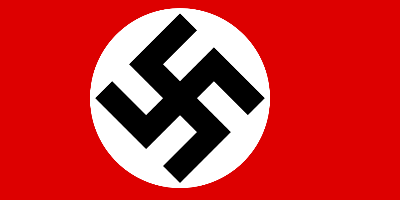19 mars 1939 - A Disgraceful Peace.
Description:
The Allied forces of the UK, France and Yugoslavia (along with the exiled Czechoslovak Government) announced their intention to seek a ceasefire to decide terms for Halifax's so-called 'peace with honour' on March 12th 1939, to end the hostilities at midnight on March 13th 1939.Adolf Hitler accepted the proposal on the same day.
The German Wehrmacht officially stopped their advancements that evening. The ceasefire was introduced at midnight on the 13th as planned.
This decision, as expected, among the British public was deeply unpopular. Even Winston Churchill himself labelled it "a surrender to sell away Britain's freedom".
It became so unpopular that even the Labour Party labelled the Prime Minister as a coward. They accused him of refusing to form a united coalition government in the name of weakness and inability to act. Something that made some Conservative MPs wonder if this decision was the right one.
Adolf Hitler, at first, demanded that the surrender be negotiated in the exact spot it had been in the last war, the Hall of Mirrors in the Palace of Versailles.
Why Hitler wanted the surrender to be signed in Versailles is that it would be a great, but yet petty, propaganda tool to show how strong the German people were.
The Allies, however, refused. They suggested that the area that was under German control was too unstable a place to reach an agreement for both sides.
Instead, both parties agreed to meet in the city of Geneva (this is due to Germany's desire to get on with the peace and move on to the USSR) with representatives and diplomats from both sides, this included the British and French Prime Ministers Halifax and Edouard Daladier, Prince Paul of Yugoslavia (representing King Peter), while the German Army Chief Wilhelm Keitel and briefly the Führer Adolf Hitler himself.
Miklós Horthy and his country's foreign minister István Csáky came to Geneva too.
They began on March 18th 1939, accompanied by Swiss observers.
Ajouté au bande de temps:
Date:
19 mars 1939
Maintenaint
~ Il y a 86 ans
